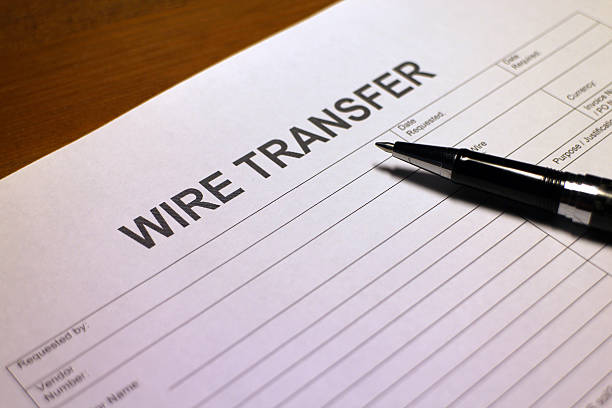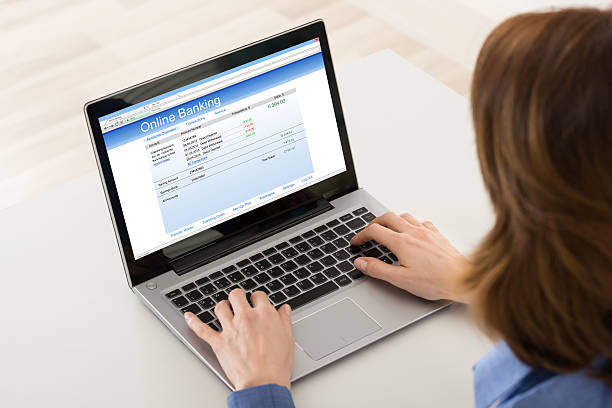Your bank's routing number is a vital component for several tax-related transactions:
Direct Deposit: If you're expecting a tax refund, providing your bank's routing number ensures that the refund is deposited directly into your account.
Electronic Payments: If you owe taxes, you can set up electronic payments using your bank's routing number to ensure timely and accurate transactions.
Refund Tracking: Your bank's routing number is required for tracking your refund's progress if you're expecting a paper check.
Identity Verification: Some tax-related processes might require you to provide your bank's routing number as part of identity verification.
Finding Your Bank's Routing Number
Check Your Bank's Website: Most banks provide routing number information on their official websites. Navigate to the 'Help' or 'Customer Service' section, where you might find a dedicated page for routing numbers.
Contact Customer Service: Call your bank's customer service hotline. A representative can provide you with the accurate routing number. Be prepared to provide identification for security purposes.
Bank Statements: Your bank statements might contain your routing number. Look for it on the statement or in the account details section.
Online Banking: If you have online banking access, log in to your account and check the account details. You can often find your routing number there.
Mobile Banking App: Many banks have mobile apps that provide account information, including routing numbers. Check your bank's app for this information.
Check or Deposit Slip: If you have a check or deposit slip from your bank, the routing number is usually printed at the bottom left corner.
ATM Receipts: Some ATM receipts may also display your routing number.
Visit a Branch: If you prefer an in-person approach, visit your bank's physical branch and inquire about your routing number from a customer service representative.
Using Your Routing Number Wisely
Once you've located your bank's routing number, be cautious about how you use and share it. Only provide it to trusted sources, such as the IRS or authorized tax preparers. Scammers might attempt to trick you into sharing your routing number for fraudulent purposes, so always verify the authenticity of requests.
Conclusion
Finding your bank's routing number for tax purposes is a straightforward process that involves a combination of online resources, customer service interactions, and accessing account details. With this information at your fingertips, you can confidently handle tax-related transactions, whether you're expecting a refund or making payments. Remember to prioritize security, and ensure that you provide your routing number only to reputable and authorized entities.
Frequently asked questions (FAQs) related to bank routing numbers and bank routing information:




